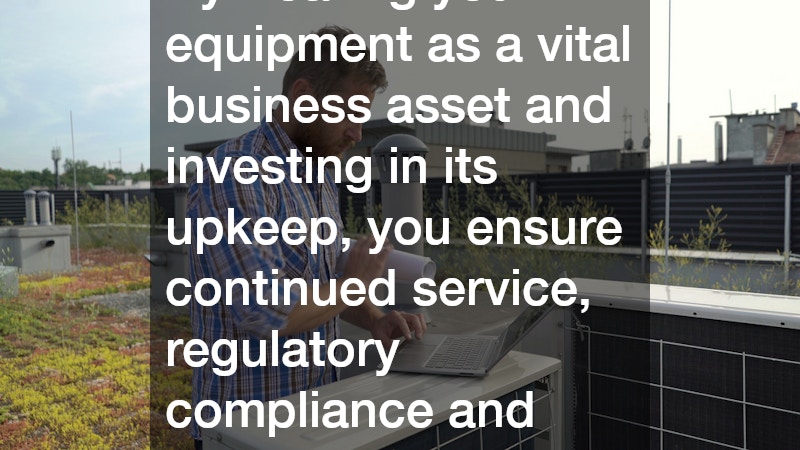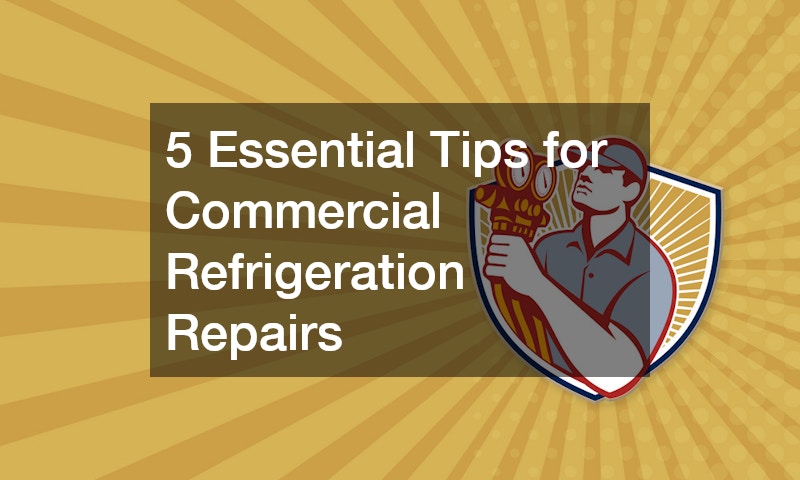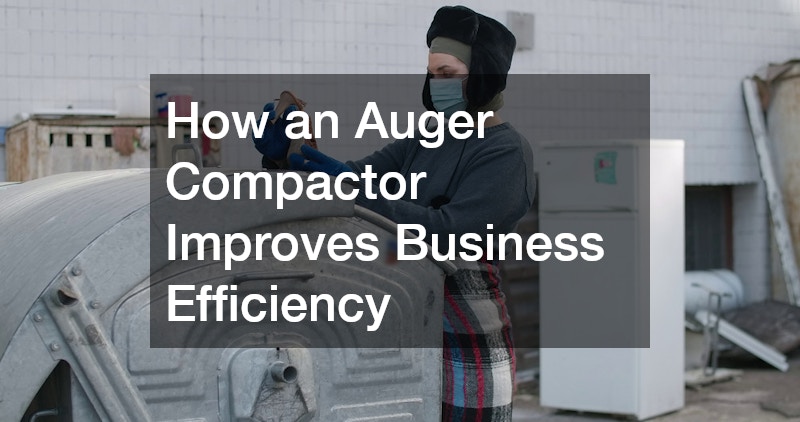In the fast-paced world of hospitality, food retail and industrial catering, reliable refrigeration is non-negotiable. Businesses rely heavily on commercial refrigerators to keep stock at safe temperatures, ensuring compliance with food safety regulations and minimising waste. When things go wrong, urgent attention is required to avoid costly downtime. Understanding how to approach commercial refrigeration repairs effectively can make all the difference. Here are five essential tips to ensure your refrigeration equipment remains in peak condition and your business stays operational.
1. Act Fast at the First Sign of Trouble
Delaying action at the first sign of malfunction can quickly escalate into a costly disaster. Whether it’s a subtle temperature fluctuation, unusual noise or frost build-up, addressing the issue early can help prevent full system failure. Business owners and facility managers should train staff to identify these warning signs and respond immediately. A small change in temperature, for instance, might indicate a failing thermostat or compressor issue. The longer a unit operates inefficiently, the more stress it puts on internal components, increasing the likelihood of a major breakdown.
In some cases, early intervention might involve simple tasks like resetting the thermostat or ensuring doors seal properly. However, for more technical issues, a licensed refrigeration mechanic should be contacted. Prompt action not only helps safeguard perishables but also avoids extensive commercial refrigeration repairs later on.
2. Schedule Regular Preventive Maintenance
Prevention is always better than cure—especially when it comes to refrigeration systems. Regular maintenance ensures your equipment runs efficiently and helps catch potential issues before they become emergencies. Professional servicing typically includes checking refrigerant levels, cleaning condenser coils, inspecting electrical connections and testing thermostats and fans. Neglecting routine checks can cause systems to work harder than necessary, leading to higher energy bills and eventual equipment failure.
Setting up a maintenance schedule with a qualified technician ensures inspections are carried out at appropriate intervals, often quarterly or bi-annually depending on usage. For heavily used systems, more frequent checks may be necessary. Maintenance should be recorded and kept on file, especially for businesses subject to health and safety audits. By committing to a maintenance routine, you extend the life of your refrigeration equipment and reduce the frequency of unplanned commercial refrigeration repairs.
3. Hire Qualified Professionals for Repairs
While it may be tempting to try to fix refrigeration issues in-house to save money, unqualified repairs can do more harm than good. Refrigeration systems are complex and require specialised knowledge of thermodynamics, electrical systems and safety protocols. Using a licensed technician ensures the job is done properly and in line with Australian safety and compliance standards.
When choosing a repair provider, look for professionals who are ARCtick certified, which indicates they’re authorised to handle refrigerants safely. A technician with experience in your specific type of system—whether it’s a walk-in freezer, display fridge or undercounter chiller—will be more efficient in diagnosing and resolving the problem. Attempting a DIY fix can void equipment warranties and potentially lead to greater expenses down the line. Professional expertise is critical when dealing with commercial refrigeration repairs to ensure long-term reliability and compliance.
4. Keep Equipment Clean & Well-Ventilated
Cleanliness and airflow play a significant role in the performance of commercial refrigeration units. Dusty condenser coils, clogged air filters and blocked vents can all reduce efficiency and cause strain on the system. Business owners should implement regular cleaning routines to remove debris and keep vents unobstructed.
Ensure the area around the unit is clear of boxes, packaging or other items that could restrict airflow. This is particularly important in smaller kitchens or storage rooms where space is limited. Overcrowding the unit itself can also impact airflow internally, so stock should be arranged to allow for consistent air circulation. Units operating in dirty or poorly ventilated conditions are more likely to suffer overheating and system faults, which often require professional commercial refrigeration repairs. Clean equipment not only runs more efficiently but also contributes to food safety by preventing contamination.
5. Monitor Temperature & Performance Consistently
A reliable temperature monitoring system is an essential tool for any commercial refrigeration setup. Digital thermometers, data loggers and remote monitoring devices provide real-time insights into temperature fluctuations. These systems can alert you to issues before they become critical, offering a proactive approach to maintenance and repair.
Frequent manual checks should also be part of daily operational procedures. Staff should record temperatures at regular intervals and report any abnormalities immediately. Consistent monitoring helps businesses maintain compliance with food safety regulations and identify patterns that might indicate a developing problem. If temperatures rise or drop unexpectedly, swift investigation can help avoid spoilage and limit the extent of commercial refrigeration repairs required.
Keep Your Cool with Smart Refrigeration Practices
Reliable refrigeration is the backbone of many commercial operations. By responding quickly to warning signs, committing to regular maintenance, engaging qualified technicians, maintaining cleanliness and monitoring performance diligently, business owners can significantly reduce the risks associated with refrigeration failure. Commercial refrigeration repairs don’t have to be frequent or costly when proactive measures are in place. By treating your equipment as a vital business asset and investing in its upkeep, you ensure continued service, regulatory compliance and peace of mind.
.



